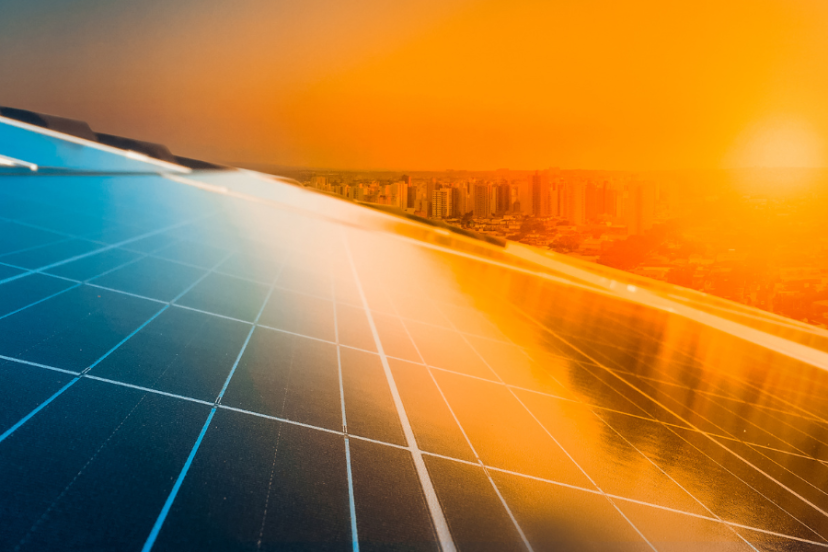How Many Solar Panels Do I Need
As an Amazon Associate, I earn from qualifying purchases, at no additional cost to you. Disclaimer
Often, when looking to make the switch to renewable energy, the first question that pops into our minds is: “How many solar panels do I need?” Figuring out the answer can be a daunting task, filled with lots of numbers and calculations. Luckily, I’m here to help guide you through the process.
Sharing from my personal experience, I’ll cut through the jargon and technical specifics, to give you a straightforward, easy-to-understand answer. Whether you’re looking to fully power your home or just decrease your reliance on the grid, we’ll find the right balance for you.
Understanding Solar Energy
Solar energy is an immense and abundant source of power generated by the sun. Harnessing this power is done through the utilization of solar panels, which absorb sunlight and convert it to electrical power through what is known as the photovoltaic effect.
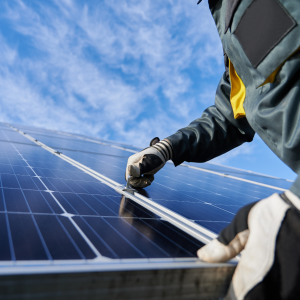
The basic principles of solar energy
The most basic principle of solar energy is the conversion of light waves into direct electrical current using semiconductors. When sunlight hits the solar panels, the photons create an electric field across layers of silicon, and this in turn starts the release of electricity.
Different types of solar panels
There are three main types of solar panels available in the market; Monocrystalline, Polycrystalline, and Thin Film. Monocrystalline solar panels are considered the most efficient due to their high-quality silicon content, however, they are generally more expensive. Polycrystalline solar panels are slightly less efficient, but are also less pricey. Thin Film solar panels are the most affordable option, but they are also the least efficient among the three.
Advantages and disadvantages of solar energy
Solar energy comes with many benefits, such as being a sustainable and environmentally-friendly option; reducing electricity bills; and being a great back-up source of power. However, there are also some downsides to consider – for instance, the initial cost of installation can be high; the efficiency of solar panels can be affected by weather conditions; and finding a suitable location for installation can be challenging for some homeowners.
Determining Your Energy Consumption
Before deciding on the number of solar panels you need, it’s essential to understand your current energy consumption levels.
Calculating average energy consumption
The first step is to calculate your average energy consumption. This can usually be found on your monthly electricity bill. Add up your monthly consumption over a year and divide by 12 to compute your average monthly energy usage.
Understanding energy usage in your home
Once you understand your average monthly consumption, it’s now time to identify where most of this energy is being used within your home. Heating, cooling, and appliances like refrigerators or dishwashers can significantly impact energy consumption.
Identifying energy-hungry appliances and practices
Identifying the appliances and habits contributing to high energy use could reveal opportunities for savings. By replacing old appliances with energy-efficient ones, or adopting energy-saving practices, you might be able to reduce your energy consumption significantly.
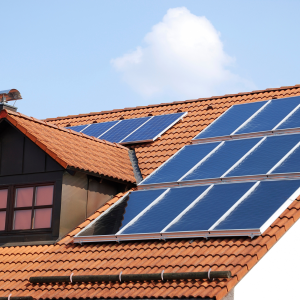
Click Here for a Simple Starter Kit
The Role of Your Geographic Location
The amount of solar power you can generate is heavily influenced by your geographic location.
How geographical location affects solar panel efficiency
Areas that receive a lot of sunlight throughout the day are prime for solar panel use. For example, a home in sunny California will typically produce more solar energy than a house in cloudy Seattle.
Considering the average sunlight hours in different climates
Understanding the amount of daily sunlight your home receives is key when considering solar panels. More sunlight means more energy production.
Impact of season changes on solar panel energy production
Solar panels are more efficient during certain seasons due to changes in sunlight intensity and duration. Panels are generally most efficient during the sunny summer months and are less so during winter.
Considering Roof Size and Orientation
An often overlooked aspect when considering solar panels is the size and orientation of your roof.
The importance of roof size
A larger roof means there’s more room for solar panels, which can lead to more power generation. For optimal efficiency, panels have to be unobstructed and facing towards the direction with the most sun exposure.
How roof orientation affects energy production
For homes in the northern hemisphere, panels should ideally face southward. This orientation allows for the most substantial amount of sunlight throughout the day for maximum power generation.
Possible adjustments for optimal arrangements
Solar panel installation doesn’t have to be limited to your roof. If your roof isn’t suitable, other structures or areas of your land might suitable for solar panel installation.
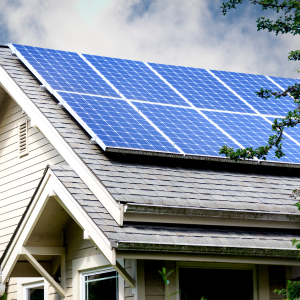
Click Here For a Low Cost Kit
Factoring in Your Budget
Solar panels, while beneficial, can indeed be an investment.
Calculating the cost of installation
The expenses for solar panel installations can vary widely based on several factors. These include the quality of the solar panels, the number of solar panels, installation expenses, and the cost of any necessary home modifications.
Understanding the financial benefits
Solar panels can significantly reduce energy costs in the long run, and in some regions, you might be eligible for financial incentives that can offset some of your initial investment costs.
Affordability and financing options
If your budget does not cover the outright purchase of a solar panel system, financing options often allow for monthly payments instead of a large upfront cost. Lease agreements could also allow you to have solar panels installed for little to no cost.
Solar Panel Efficiency
Solar panel efficiency is a measure of how well a solar panel converts the sunlight into electrical power.
What is solar panel efficiency
Efficiency is given as a percentage, which signifies the amount of sunshine that’s converted into usable electricity. High-efficiency panels will generate more electricity using the same amount of sunlight as compared to low-efficiency panels.
Factors affecting solar panel efficiency
Several factors can influence solar panel efficiency; these include the quality of the solar panels, the positioning, the amount of direct sunlight the panels receive, and the ambient temperature.
Maximizing solar panel efficiency
To maximize efficiency, solar panels should be kept clean and free from shadows. They also must be angled correctly towards the sun and maintained at an optimal temperature.
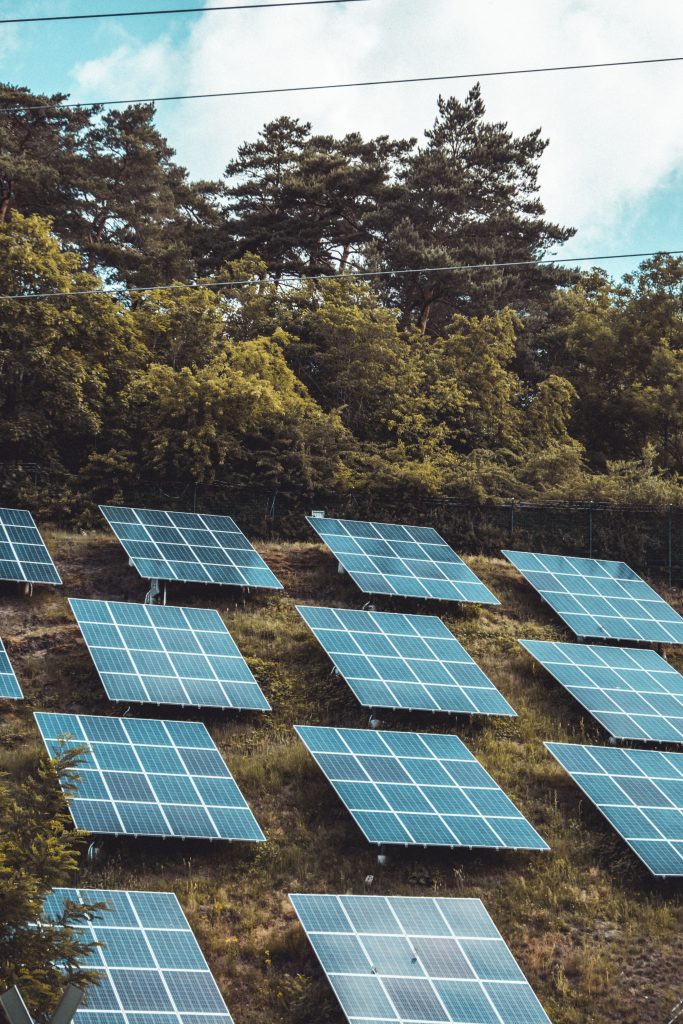
Solar Energy Storage Systems
Energy storage systems can store excess power produced by your solar panels for later use.
Introduction to solar energy storage
Energy storage systems, usually in the form of batteries, store excess solar power produced during the day for use during the night or cloudy days.
Types of solar energy storage systems
The most common solar storage technique is through using lead-acid or lithium-ion batteries. Which one is best for your home depends on your specific needs and budget. A solar generator is common for most people for use when storing energy for emergency use or off-grid adventures.
Benefits and drawbacks of energy storage systems
While having storage systems can provide backup power during power outages and allow for energy use during non-production hours, they also present an additional expense and maintenance task.
The Impact of Local Laws and Regulations
Knowing your local laws and regulations is key when considering a solar power project.
Local laws affecting solar panel installation
Local laws and housing association bylaws can impose limitations on where and how solar panels can be installed. It’s essential to understand these before moving forward with your project.
Potentials subsides and incentives for solar energy
Many local governments incentivize renewable energy production, such as solar power, with rebates or tax credits. Look to see if any programs can help offset the cost of your solar panel system.
How to comply with local solar energy regulations
Stay compliant with local regulations by seeking professional installation services. These services can make sure your solar power system is installed correctly and meets local guidelines.
Maintenance and Longevity of Solar Panels
With proper care and maintenance, solar panels can last for around 25-35 years.
The lifespan of a solar panel
Regularly checking on your solar panels and having them professionally serviced can significantly extend their lifespan.
Regular maintenance is necessary
Typical maintenance for solar panels includes regular cleaning to remove debris and dust, and professional inspections for any signs of damage.
Potential problems and fixes
Over time, solar panels can face issues like panel corrosion, broken glass, loose wiring, and more. A professional can spot and address these problems before they significantly impact the efficiency of your solar system.
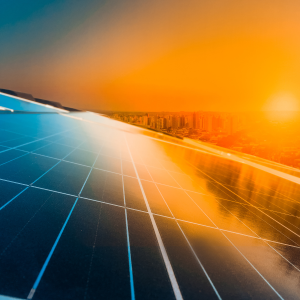
Making the Decision
Considering your energy consumption, roof size and orientation, location, local regulations and laws, type of solar panel, and budget, you can now decide on the number of solar panels you would need.
Summarizing the factors influencing the number of solar panels required
Each of these factors plays a pivotal role in determining the number of solar panels suitable for your home. The goal is to cover as much of your household energy consumption as economically viable.
Practical examples and calculations
Here’s a step-by-step example: say your home uses 500kWh per month, and you get average sunlight of 5 hours per day. If you were to use a standard watt solar panel, you would need around 20 panels.
Final recommendations and considerations
Remember, there’s more to going solar than just your home’s energy needs and the amount of solar panels. It would be best if you also looked into routine maintenance and possible additions like an energy storage system. Consulting with a professional can help you navigate these decisions more seamlessly.

